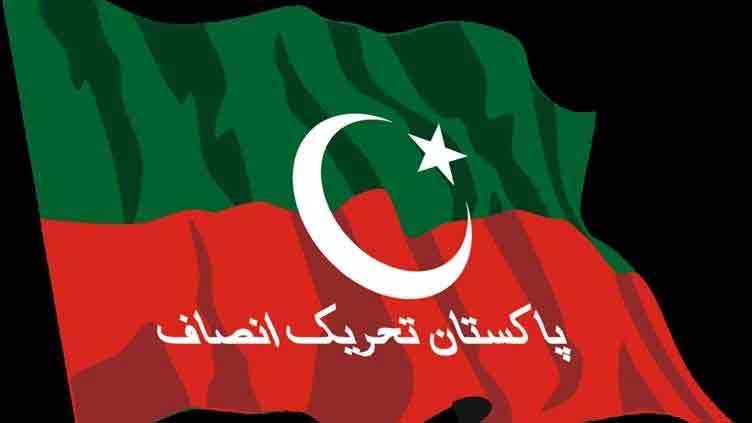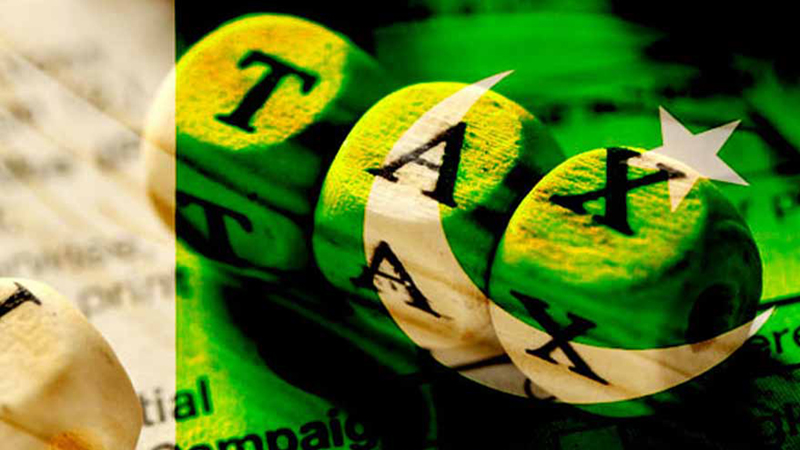Tahir Maqsood Chheena
The political landscape in Pakistan may be on the cusp of transformation once again, with fresh signals emerging from Adiala Jail that Imran Khan is open to initiating dialogue with the government. This potential thaw in relations comes after Prime Minister Shehbaz Sharif extended an offer for talks — a move that could mark a significant pivot for the Pakistan Tehreek-e-Insaf (PTI), which has, until now, remained mired in political inconsistency and strategic missteps since the 2024 elections. PTI Chairman Barrister Gohar Ali Khan, after meeting Khan behind bars, shared vague but hopeful sentiments, stressing reconciliation over confrontation. While denying any covert deals with the establishment, Gohar’s statements hinted at a potential shift from the party’s confrontational posturing toward a more constructive engagement with the current political order.
If this dialogue gains momentum and sincerity, it could represent a long-awaited course correction for PTI. For much of the past year, the party’s strategy has been erratic — beginning talks only to withdraw later, often accompanied by combative rhetoric and inconsistent messaging. This stop-start approach has harmed its credibility and eroded public trust. In Pakistan’s increasingly stable political environment, such indecisiveness has made PTI appear out of step with the national mood. Analysts have repeatedly warned that without sustained political engagement and a realistic roadmap, PTI risks slipping into irrelevance.
Recent developments further illustrated this drift. During heightened tensions with India, the nation largely rallied behind its armed forces, yet PTI was left reeling from a public relations disaster. Aleema Khan, sister of Imran Khan, made controversial remarks suggesting a collusion between Nawaz Sharif and Indian Prime Minister Narendra Modi — a claim that was not only widely ridiculed but also internally criticized within PTI ranks. The timing of her statement was particularly damaging, coming when national unity was paramount. It took an official statement from Imran Khan’s own social media account to do damage control, condemning India’s war rhetoric and voicing solidarity with Pakistan’s military. However, the episode once again exposed PTI’s fractured internal messaging and the disruptive influence of some overseas supporters who seem detached from the ground realities in Pakistan.
This pattern of disjointed communication, especially from PTI’s international digital supporters, continues to hurt its credibility. Instead of amplifying the party’s core message, these fringe voices often engage in divisive discourse, undermining efforts to project unity and pragmatism. As Pakistan navigates a post-crisis political landscape — bolstered by improving economic indicators, strategic diplomatic wins, and a reassertion of military deterrence — there’s less room for political turmoil and populist theatrics. The so-called hybrid model, which PTI once hoped to dismantle through street protests and international pressure, remains firmly in place. For now, resistance through agitation has hit a wall.
Within PTI, this reality appears to be taking root. Recent reports suggest that the party has tempered its earlier maximalist demands, such as immediate general elections and an overhaul of the current government. The shift in focus — toward securing relief for detained leaders and regaining a political foothold — reflects a pragmatic, if reluctant, reassessment. While still tethered to its foundational narrative of victimhood and electoral injustice, PTI seems increasingly aware that confrontation alone won’t yield political dividends.
Yet, recalibrating rhetoric is only one part of the equation. The PTI must develop message discipline and demonstrate a unified voice, especially during moments of national crisis. The party’s leadership can no longer afford to allow fringe actors or overseas loyalists to dictate public narratives that contradict or dilute the official stance. This lack of internal coherence has been a key reason behind PTI’s declining influence and should be addressed urgently if the party hopes to remain a viable political force.
The opportunity for dialogue, however tentative, is real. For PTI, this may be the last window to reposition itself as a serious stakeholder in Pakistan’s democratic process. Dialogue offers a pathway not only to political breathing space but also to broader objectives — fair participation in the 2028 elections, relief for jailed members, and potentially even a reconsideration of Imran Khan’s legal future. But for any such breakthrough to occur, the party must approach talks with sincerity and strategic clarity. Empty gestures or duplicity will likely backfire, deepening distrust among stakeholders and further marginalizing the party.
Political negotiations require patience, consistency, and a willingness to compromise — qualities that PTI has often struggled to exhibit. Yet, the current political moment demands maturity over militancy. While PTI has traditionally thrived on confrontation, the evolving political ecosystem in Pakistan no longer rewards such an approach. With governance priorities returning to the forefront — inflation control, foreign policy reorientation, and institutional stability — parties that remain stuck in oppositional theatrics risk being left behind.
For PTI, embracing a more collaborative and measured political posture could not only help repair its fractured image but also open doors to meaningful participation in shaping Pakistan’s future. This shift will require not just tactical adjustments, but a rethinking of political identity — from one built on populist defiance to one grounded in pragmatic engagement. If Imran Khan and his team can seize this moment to realign their strategy, the party may still have a chance to reclaim relevance and influence.
In sum, PTI stands at a crossroads. The chaos of confrontation has yielded diminishing returns, and the path of responsible engagement lies open — though fraught with challenges. Whether PTI can evolve from protest to policy, from agitation to negotiation, will determine not just its own survival but also the tenor of Pakistan’s democratic journey in the years ahead. This is a rare chance for political redemption — and one that may not come again soon.















